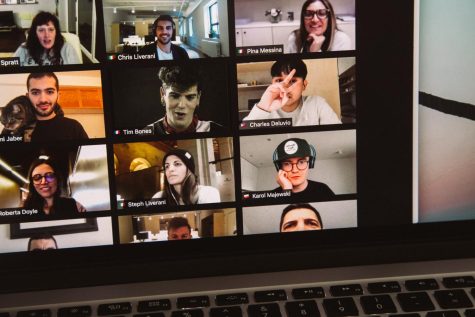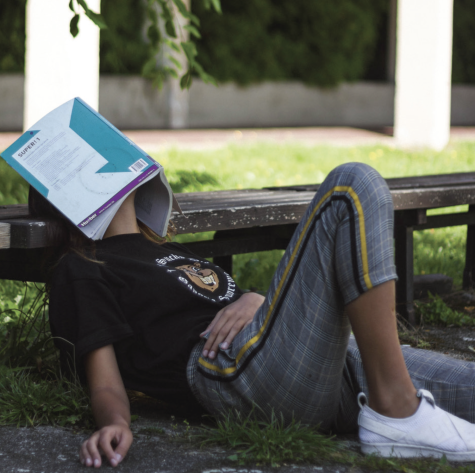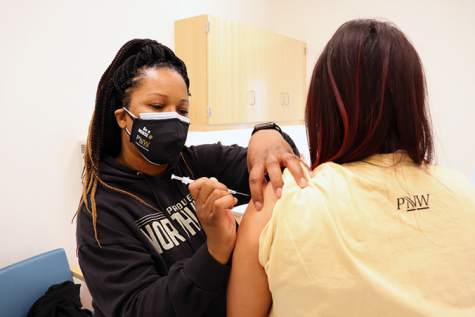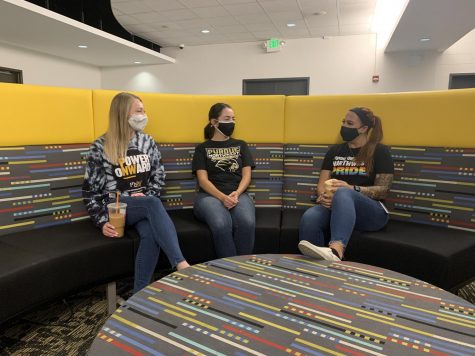Students, faculty work hard to keep the holidays as normal as possible
It has been the year of drastic changes, including the way people celebrate holidays.
Some people are nervously trying to keep the holidays somewhat normal.
“Even though everyone in my house has gotten COVID, we still had people over for Thanksgiving,” said sociology professor Ralph Cherry, though he admitted the guest list was limited to “elderly-aged people”.
“Since we have the COVID antibodies that fight the infection, we cannot get the virus again,” said Cherry. “We still wanted people over for the holiday, so we only allowed people who had the virus over.”
A national survey by Ohio State University found that nearly 2 in 5 Americans planned to host in-person Thanksgiving celebrations with more than 10 people. Airlines reported the holiday was the busiest travel period since the beginning of the pandemic. Health experts fear Christmas travel will be just as busy.
But most Americans are looking for ways to keep holidays safe for susceptible friends and family by not having them around people who easily spread COVID-19.
Health professionals have advised the public to minimize travel and avoid large gatherings to reduce the risk of being infected with COVID.
“One of my family members ended up getting COVID, so we had to cancel [the holidays] as a group this year,” said Gabi Castro, a sophomore in psychology. “This year we are having it at our own houses and video chatting with our family.”
Some families have turned to video chatting to connect with each other.
Cherry said he believes that we may find ourselves socializing virtually more often.
“Using certain technology applications like Zoom, Skype or even Facetime, it is something most of us are opened up to using,” he said. “Most of us have used video calls for quite some time, how is this any different?”
For Castro, the technological change is not the same at all.
“I thought this was going to be a great Thanksgiving because I finally have a boyfriend to bring home for the holidays,” she said.
“I feel 2020 is [saying], ‘Haha, nope. Not this year, girl.’”





